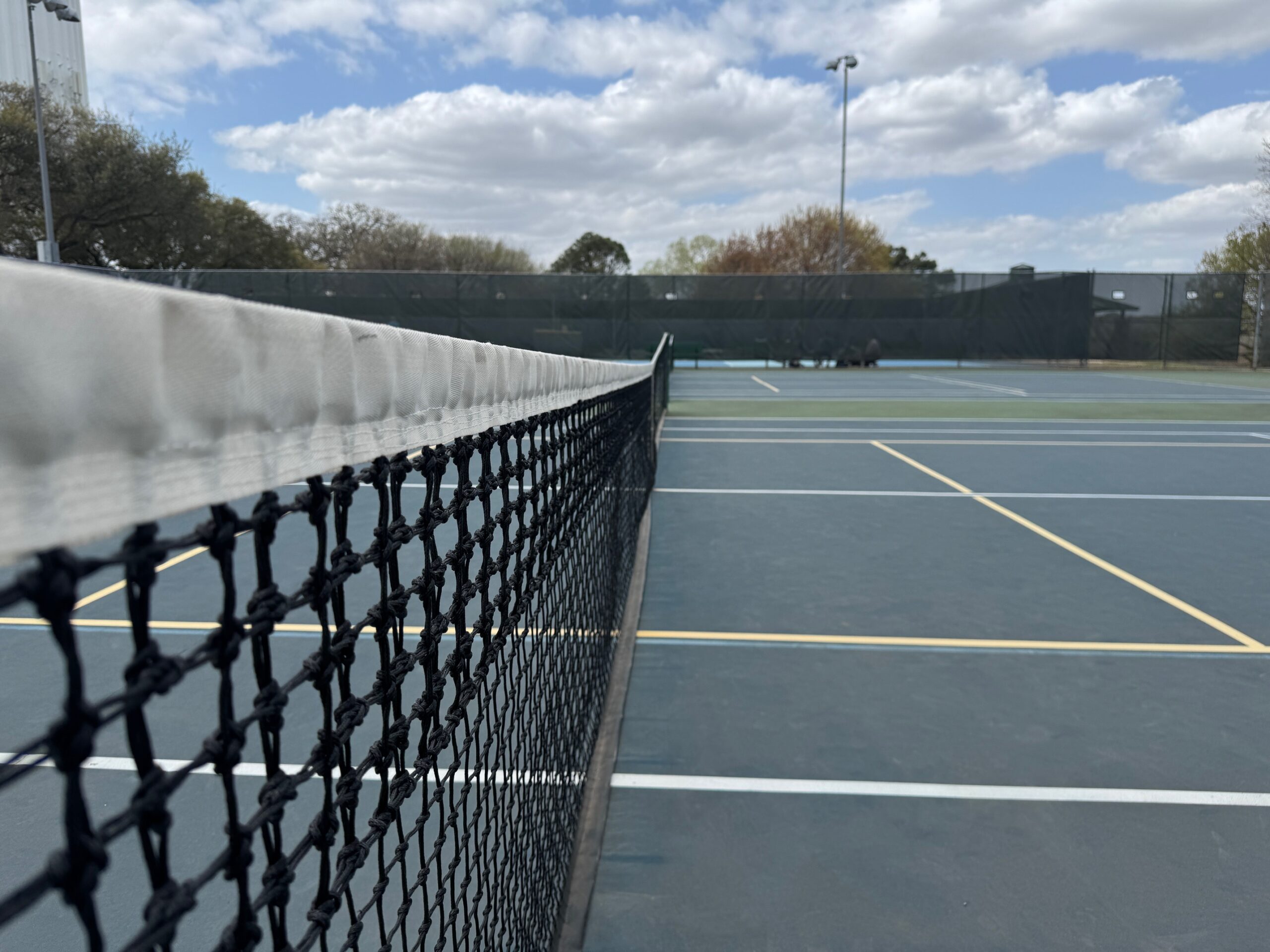Fiend at Court Unplugged
I knew I would be writing about former WTA professional Anne White as soon as she was mentioned in Zina Garrison’s autobiography. She came up in passing due to her tangential involvement when the sportswear company Pony decided to not renew Garrison’s clothing sponsorship contract. Before coming across that story, I couldn’t have told you anything at all about Anne White.
The unenthusiastic levels of corporate sponsorship for throughout the careers of both Zina Garrison and Lori McNeal is appalling. The simple fact of the matter is that white players who were no where near their levels of talent or ranking stature were sponsored more frequently and at much higher financial levels. It is inescapable that the lack of sponsorship support was a direct result of the color of their skin.
Garrison relayed the story about her contract not being renewed in her Autobiography. She also mentioned that Sports Illustrated had also later commented on the situation. The SI column was in lockstep with the story relayed by Garrison.
Then there’s the case of the world’s two top black women tennis players, No. 7-ranked Zina Garrison and No. 12 Lori McNeil. It is rare for a woman in the top 15 not to have an endorsement contract with a clothing company, yet neither Garrison nor McNeil has one. Pony had Garrison under contract for a while but chose not to renew the deal. John Wilkerson, who coaches Garrison and McNeil, told Tennis Week that Pony officials “said Zina didn’t project what they wanted. They said they were looking for a blonde, blue-eyed white girl.” Wilkerson concedes that because the tennis market is predominantly white, Pony may have valid economic reasons for such decisions, but he also says that companies could “push” black players effectively if they tried. Pony officials say tight budgets, not race, caused them to cut their ties to Garrison. The company is spending its money on a Golden Girl concept featuring a white player, bodysuit-clad Anne White, who is ranked No. 46 in the world.
Sports Illustrated, May 11, 1987
There is a lot to unpack here, and clearly the most significant parts are the promotion and sponsorship of minority players. There is still a lot to explore on that front and I am far from done with that topic. Given that fact, it is not terribly surprising that I completely skipped over the “bodysuit-clad” adjective before the name of Anne White when that excerpt was printed in Garrison’s book.
Let’s stick with Sports Illustrated as the source for the story of Anne White’s bodysuit. In 1985, Anne White — armed with her current 93rd world ranking — stepped onto court 2 at Wimbledon for a first round match against Pam Shriver. White was wearing what an SI writer described as a “dazzling, curves-embracing, fortnight-stopping alabaster body stocking.” In retrospect that effusiveness isn’t surprising from the publisher of a magazine with a famous annual swimsuit issue.
Pam Shriver was less positive about White’s attire, describing it as “stupid” and “bizarre.” Shriver also referred to it as “this thing.” The match was suspended at one set each when darkness fell. That gave Wimbledon officials the chance to discuss and ban White’s bodysuit as—”not traditional tennis attire”—for the final set the next day. I wonder if any other player has ever had their attire banned mid-match.
The SI article asserts that the outfit earned White the support of the crowd which buoyed her into winning the second set. The match was also touched on in Jon Wertheim’s book Venus Envy which was discussed here just last week. In that account, the crowd reaction was described as whistles and catcalls.
Pulling back the curtain on the process just a little bit, I first read Venus Envy a few years ago. It wasn’t until I reread portions of it in preparation for last week’s review that I realized that Anne White and her bodysuit was mentioned. I am suddenly spotting Anne White references everywhere.
As one more example of that fact, the Anne White bodysuit was included in the First One In movie that I reviewed last year. The principle character in that film purchased what was purported to be the actual bodysuit worn by Anne White at Wimbledon. She later wears it in a match prompting her doubles partner to observe that “you look like a giant sperm.” Glimpses of the white bodysuit can be seen in the official trailer for the movie.
In 2018, Serena Williams wore a black bodysuit at the French Open. The French Tennis Federation president later indicated that the catsuit would not be permitted at future events. It set off a firestorm on social media. It is obvious that not everyone had a complete grasp of the facts. The following tweet is just one of many examples that could have been selected. Now seems like an appropriate time to mention that not everything that appears on social media is true.
On the left: Anne White 1985 (yes that’s really her name)
— Albert MacGloan ➐ (@AlbertMacGloan) August 25, 2018
No one says a thing…
On the right: Serena Williams 2018
‘’I think that sometimes we’ve gone too far” and “[the catsuit] will no longer be accepted. One must respect the game and the place.’’ – FTF President Giudicell pic.twitter.com/8Cdu7Ts8Ve
Serena wore her black bodysuit throughout the French Open. The controversy came later after the French Tennis Federation President, Bernard Guidicelli, indicated that it would no longer be acceptable attire in the future at that tournament. Anne White’s bodysuit was banned in the middle of her match. That is a far cry from “No one said a thing.” Also, I would think those catcalls reported in Venus Envy constitute “a thing.”
Bodysuits are controversial. In the year 2021, now the controversy is controversial. What a world we live in.
- Zina: My Life in Women’s Tennis, Zina Garrison, 2001.
- Scorecard: Black and White, Craig Neff, Sports Illustrated, May 11, 1987.
- Wow!, Curry Kirkpatrick, Sports Illustrated, July 8, 1985.
- Venus Envy: A Sensational Season Inside the Women’s Tennis Tour, Jon Wertheim, 2001.
- ‘One Must Respect The Game’: French Open Bans Serena Williams’ Catsuit, Laura Wamsley, NPR, August 24, 2018.
Fiend At Court participates in the amazon associates program and receives a paid commission on any purchases made via the links in this article. Additional details on the disposition of proceeds from this source are available in the “About Fiend at Court” page.



